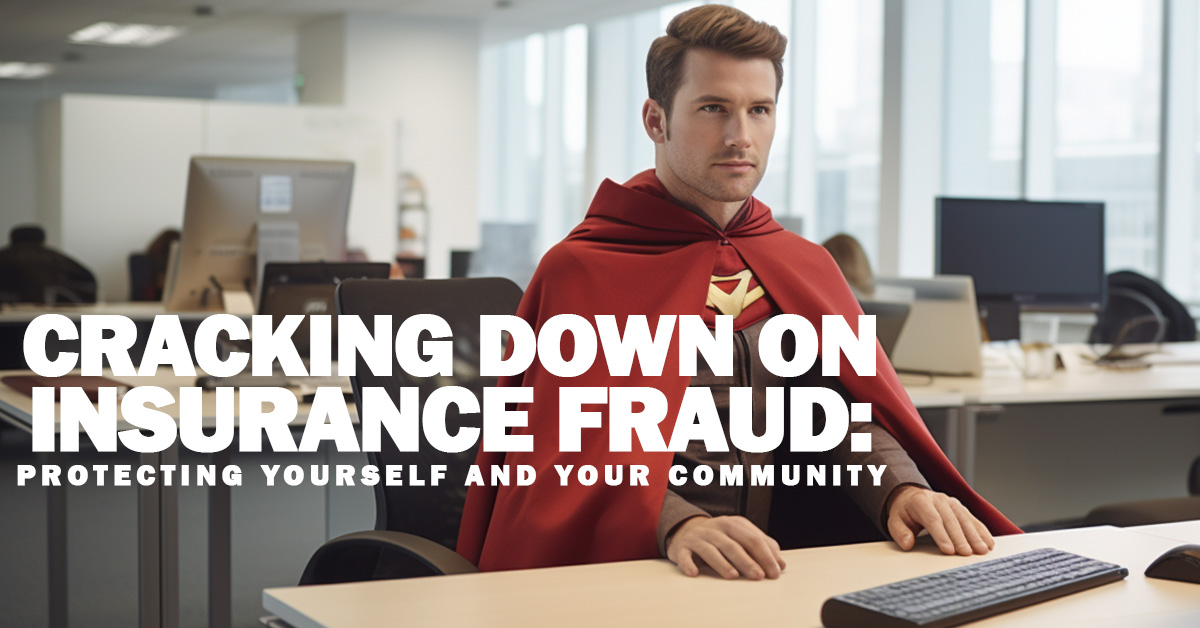Cracking Down on Insurance Fraud: Protecting Yourself and Your Community
Cracking Down on Insurance Fraud: Protecting Yourself and Your Community

Cracking Down on Insurance Fraud: Protecting Yourself and Your Community
Insurance fraud is a prevalent issue that affects everyone. It occurs when individuals intentionally deceive insurance companies to obtain unfair financial gain. The consequences of insurance fraud are far-reaching, impacting insurance companies, policyholders, and the overall economy.
Common Forms of Insurance Fraud:
- Auto Insurance Fraud:
Auto insurance fraud is one of the most common types of insurance fraud. It can take various forms, including:
- Inflating repair estimates
- Not repairing a damaged vehicle with settlement funds
- Intentionally causing damage to a vehicle
- Filing claims for accidents that never occurred
- Lying about driving habits or prior accidents to lower premiums
- Health Insurance Fraud:
Health insurance fraud can be committed by both policyholders and healthcare providers. Common examples include:
- Billing for services not provided
- Exaggerating the severity of an illness or injury
- Submitting fabricated medical records
- Creating fake patients to bill insurance companies
- Staged Claims:
In some cases, individuals go to extreme lengths to stage accidents or losses to file fraudulent claims. This can include:
- Setting fire to a home or business
- Faking an accident to claim auto insurance benefits
- Staging a theft or burglary
The Impact of Insurance Fraud:
Insurance fraud has a significant impact on various stakeholders:
- Insurance Companies:* Fraudulent claims lead to increased premiums for all policyholders.
- Policyholders:* Higher premiums mean heavier financial burdens for honest policyholders.
- Economy:* Insurance fraud diverts funds away from legitimate claims and damages the overall economy.
Avoiding Insurance Fraud:
As a policyholder, you can help combat insurance fraud by following these guidelines:
- Accurately report all information to your insurance company.
- Keep detailed records of your policies and claims.
- Only file claims for legitimate losses.
- Be wary of individuals or companies that offer to help you “get more” from your insurance claims.
Seeking Professional Guidance:
If you suspect someone is committing insurance fraud, report it to your insurance company or the appropriate authorities. Additionally, considering working with an independent insurance agent can help you navigate the complexities of insurance and ensure you receive fair coverage. Our experienced agents can compare rates from multiple companies, provide accurate information, and assist you in filing legitimate claims.
By understanding the forms of insurance fraud and taking proactive measures, you can protect yourself from becoming a victim and contribute to reducing the prevalence of this costly crime. Remember, honesty and integrity are essential in maintaining a fair and equitable insurance system.











